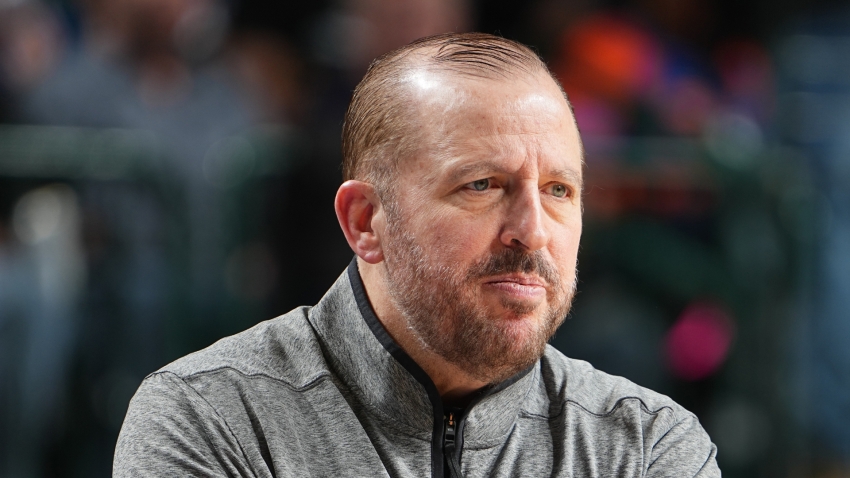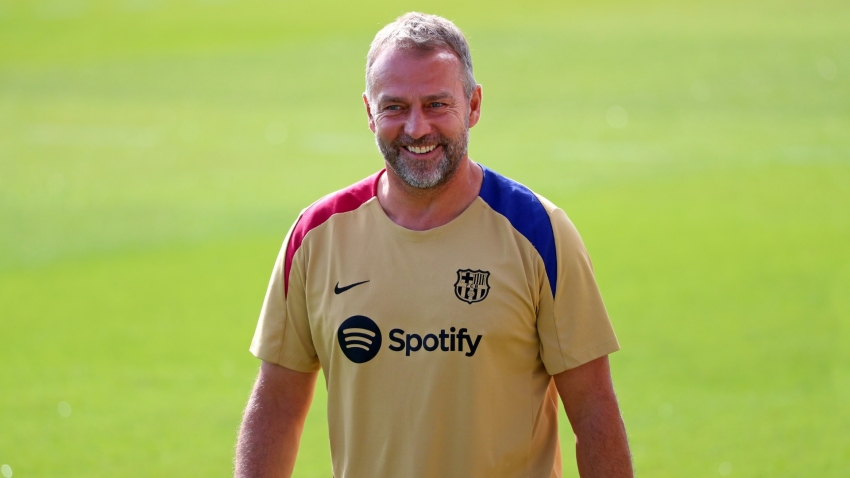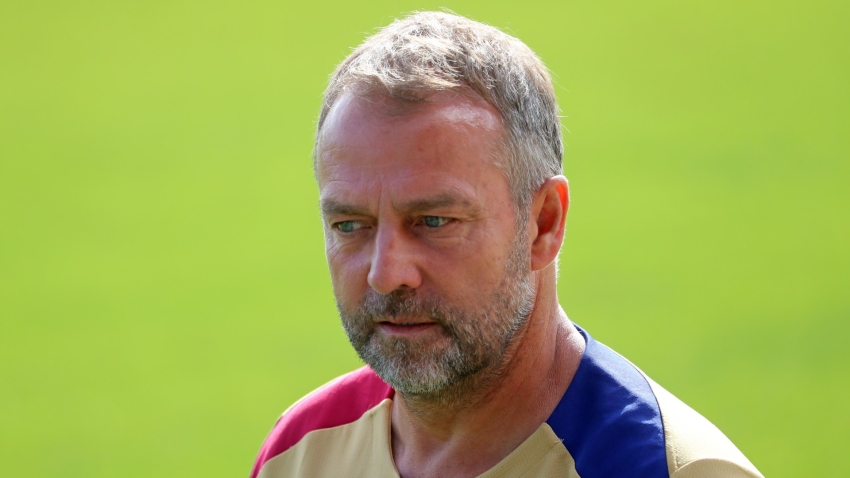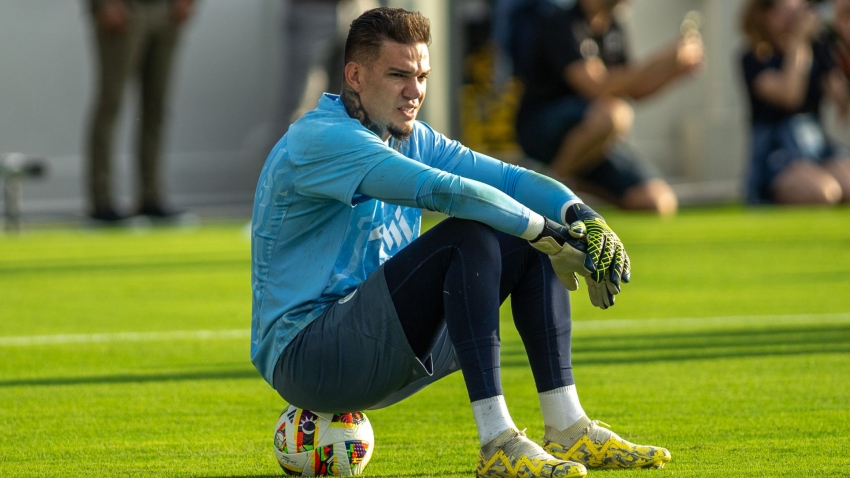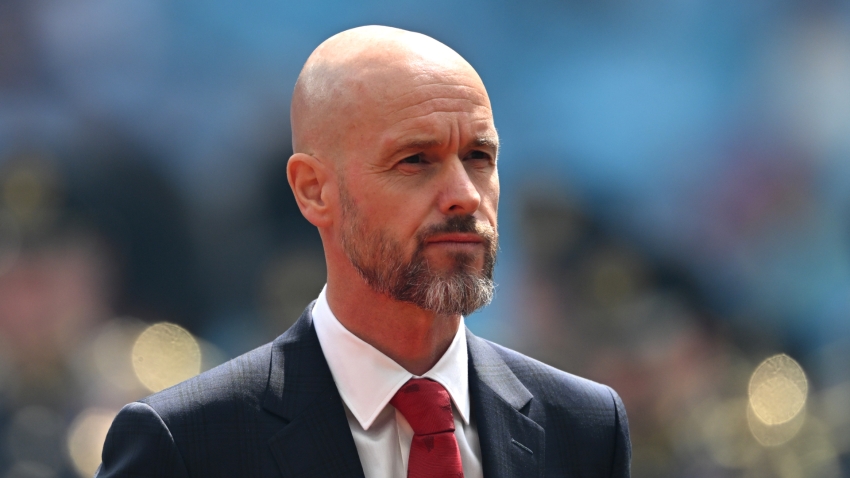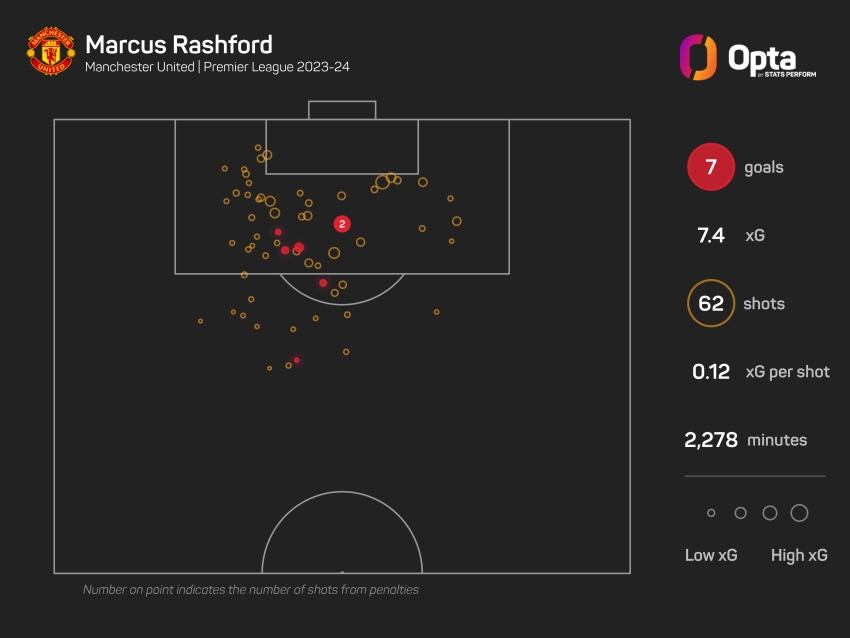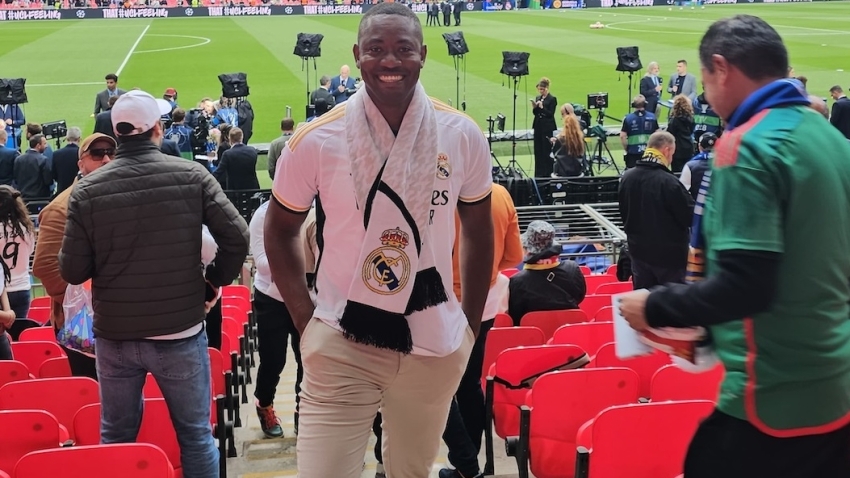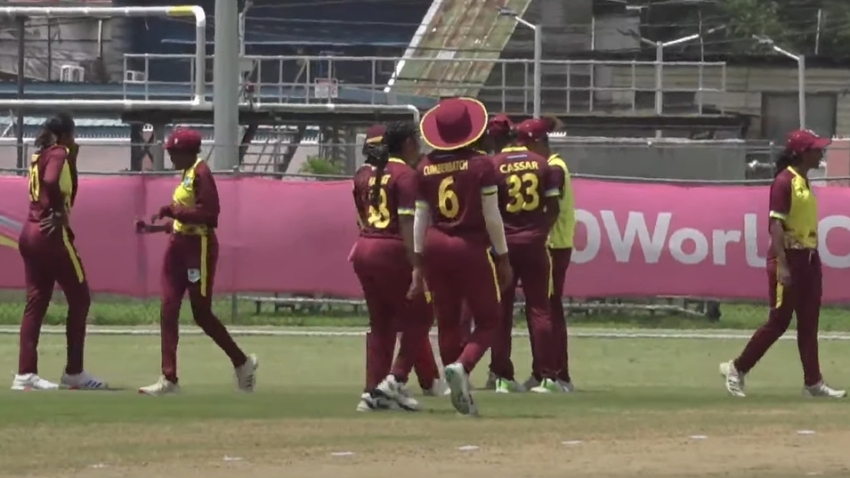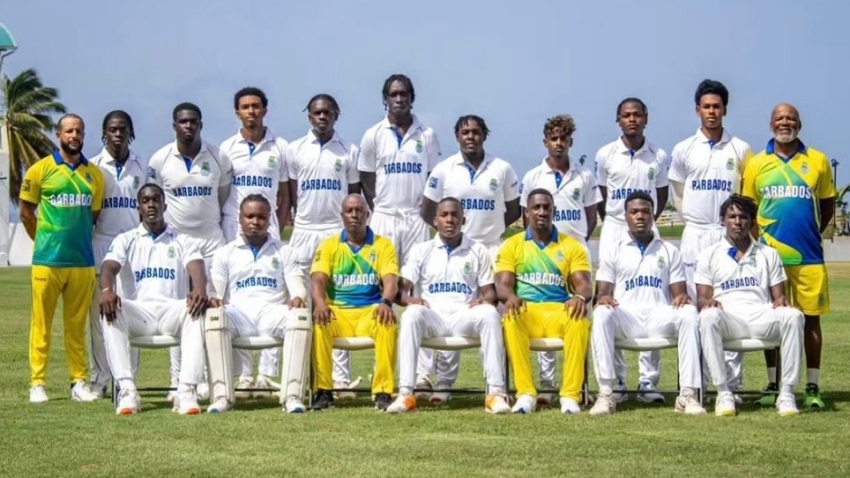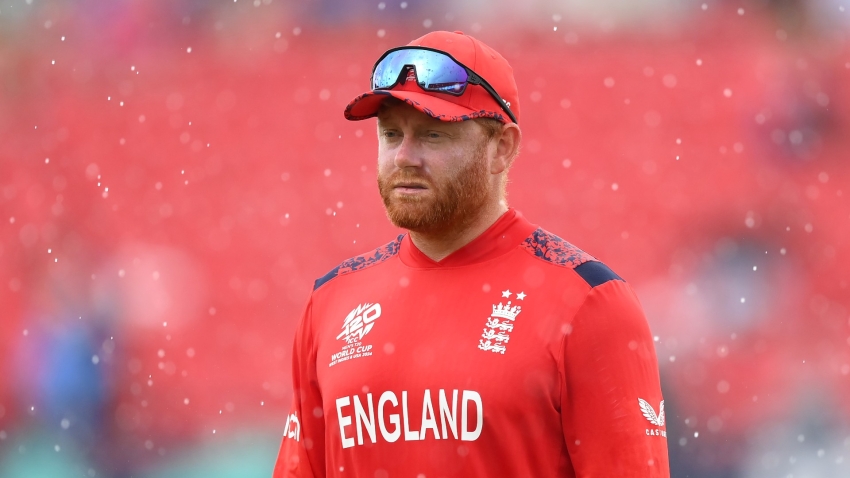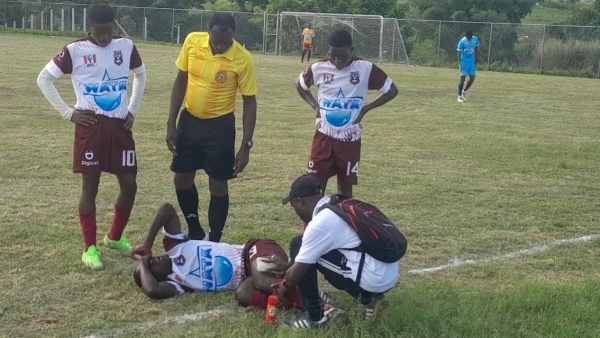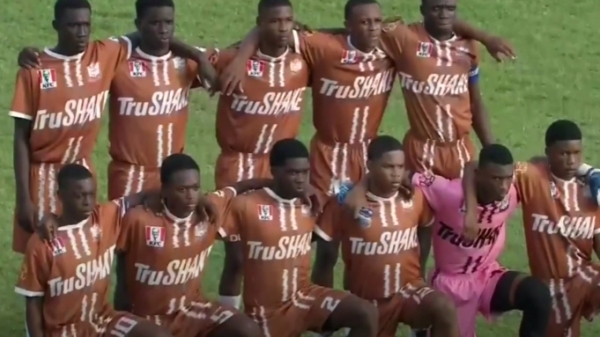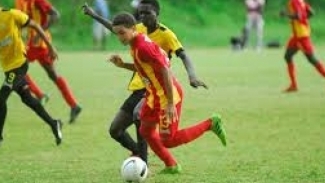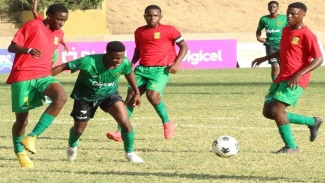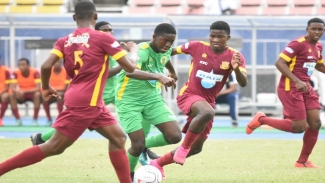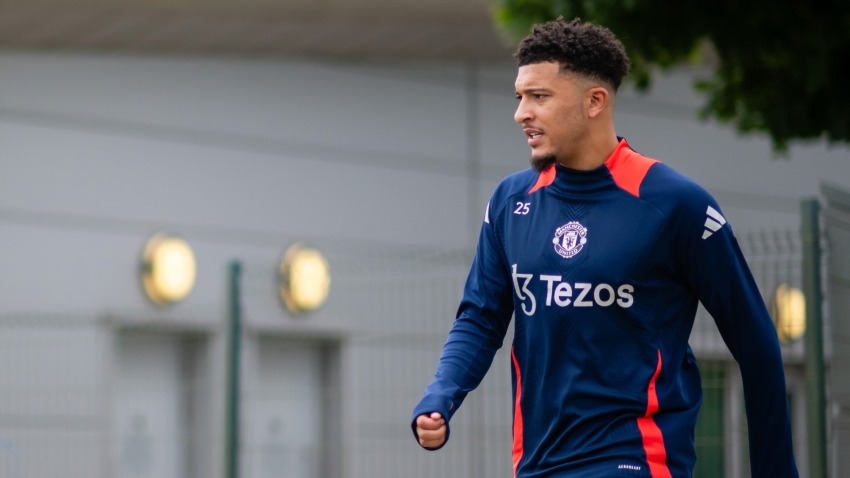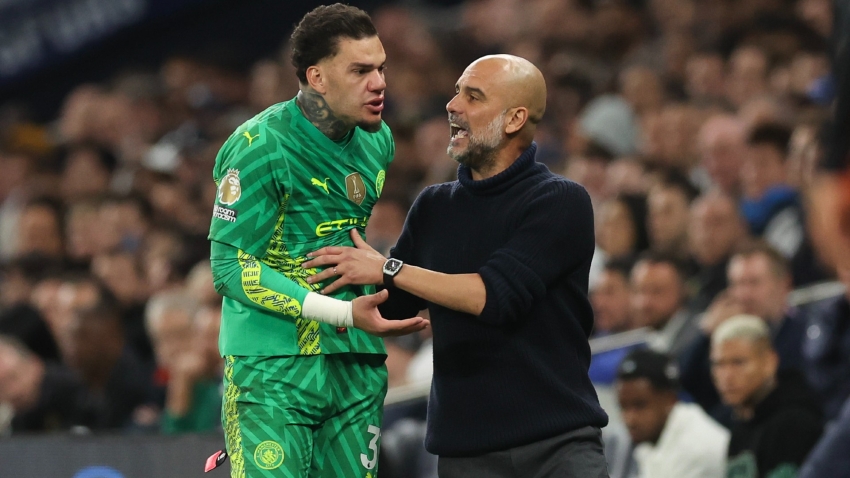Wednesday was an action-packed day of schoolboy football across the island.
In Manning Cup action, Kingston Technical recorded a clinical 3-0 win over Bridgeport at the Spanish Town Prison Oval to move back to the top of Group A with 12 points from five games, two points ahead of defending champions, Jamaica College.
Charlie Smith currently sits third in the group with nine points from their five games.
Group B may be the most exciting as there are five teams that have a chance to qualify for the quarterfinals alongside Camperdown, who have 16 points from their six games, with one match to play. Excelsior High School and Jonathan Grant both moved to 11 points from six games after defeating Jose Marti and Tivoli, respectively.
Excelsior beat Jose Marti 6-0 at Jamaica College and now sits second in the group on 11 points with a goal difference of 11 while Jonathan Grant won 1-0 over Tivoli Gardens at the Spanish Town Prison Oval to move to third on 11 points with a goal difference of three.
Tivoli is fourth in Group B with 10 points while STATHS, who scored a 6-0 win over Dunoon Technical at Stadium East on Wednesday, are fifth on nine points.
St. Jago High is sixth in the group with eight points.
Clan Carthy High beat Papine High 1-0 at Jamaica College in a battle of the two bottom teams in Group C.
Wednesday also saw the beginning of the quarterfinal round playoff fixtures for Zones C, F and G in the DaCosta Cup.
In Zone C, the doubleheader at STETHS saw Lacovia record the only win of the day with a 2-1 victory over Munro College.
STETHS and B.B Coke played out a 3-3 draw.
The top four teams in Zone C have now all played six matches with one more playoff fixture remaining.
STETHS lead Zone C with 13 points followed by Munro College with 12, Lacovia on 10. B.B. Coke has seven points.
Meanwhile, Garvey Maceo maintained their perfect record with a 4-0 win over Foga Road in their Zone F playoff fixture at Garvey Maceo.
In the other playoff fixture in Zone F at Vere, the hosts secured a 1-0 win over Old Harbour High.
Garvey Maceo and Vere have all but confirmed their progression to the quarterfinal round with 18 and 13 points, respectively, with each having one match left to play.
Old Harbour are third on seven points and Foga Road are fourth on six.
The first set of matches in the quarterfinal playoff round in Zone G saw Happy Grove get a 4-1 victory over Port Antonio High to ascend to the top of the zone on 10 points.
St. Thomas Tech had to settle for a 2-2 draw with Seaforth in the other playoff fixture in the zone and now sits second on nine points.
Port Antonio are third on seven points and Seaforth are fourth with four points.
In the regular zone matches from Wednesday; in the Zone-A double-header at William Knibb, Irwin High and St. James High emerged winners.
Irwin got by Spot Valley 3-0 while St. James beat Maldon 4-0.
All eight teams in Zone A have now played six matches with William Knibb at the top with 15 points closely followed by Cornwall College with 13 and Irwin with 12.
Irwin and Herbert Morrison both have 12 points but Irwin is ahead on goal difference.
Mannings High School remains atop of Zone B following a 4-0 win over Green Pond.
Green Island and Rusea’s High played to a 2-2 draw at Green Pond.
Frome secured a 4-0 victory over Petersfield at Llandilo Sports Complex in the other Zone B fixture.
Mannings lead the seven-team zone with 13 points from their five matches. Frome Technical, which has also played five matches is second on 12 while Petersfield currently sits third on seven.
In the Zone D double-header at Manchester High, Manchester and Christiana both got crucial wins over Bellefield High and DeCarteret College respectively.
Manchester High won 3-1 to move to 13 points from their five games with a goal difference of 23 to lead the seven-team zone.
Christiana High beat DeCarteret College 2-0 to also move to 13 points from five games, only trailing Manchester on goal difference.
Holmwood Technical is now third in Zone D with 10 points from five games after hammering Alston High 7-0 at Kirkvine in the third Zone D match on the day.
Dinthill Technical secured their spot in the quarterfinal round with a 2-0 win over St. Mary High in the first game of a Zone H double-header at Drax Hall.
Dinthill advances as the winners of Zone H with 16 points from their six games.
The second match of the double-header saw Brown’s Town secure a crucial 1-0 win over York Castle to keep alive their hopes of a quarterfinal round berth.
In the third Zone H match on the day, McGrath earned a vital 3-2 win over Ocho Rios High to set up an exciting final match-day that will determine who will join Dinthill as quarterfinalists.
Ocho Rios, Charlemont and McGrath all have eight points heading into their final matches, with Ocho Rios currently occupying second-place with a plus-eight goal difference.
Charlemont High lie third with a goal difference of +1 and McGrath are fourth with a goal difference of 0.



